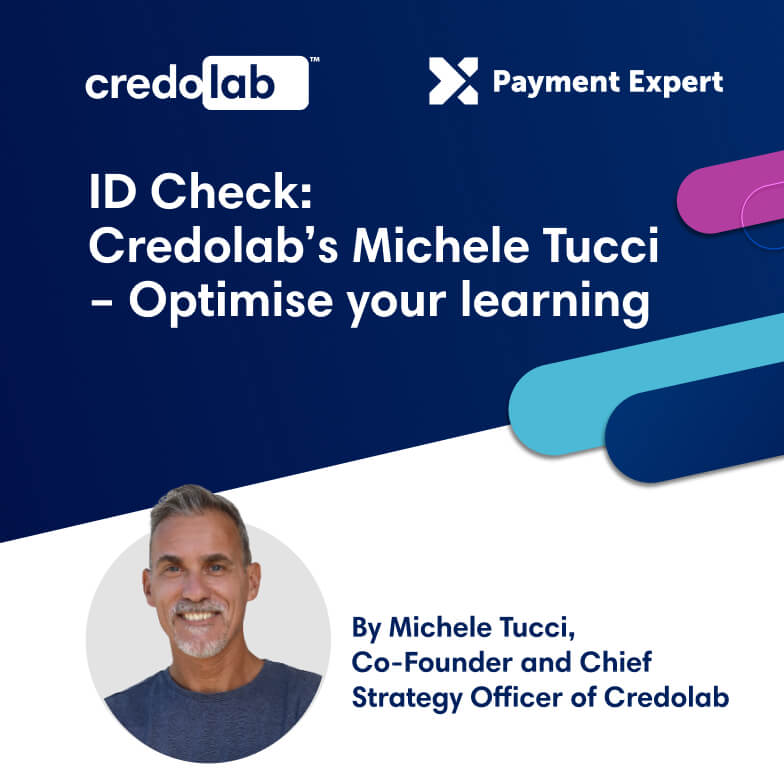News
Mar 20, 2020
How CredoLab Reduces Banks' Credit Risks Through Smartphone Metadata
Peter Barcak, CEO & Co-Founder, CredoLab speaks with Asian Banking & Finance on Credolab and its role in helping banks with credit risk.
Subscribe to our newsletter
Read the interview on Asian Banking & Finance.
The platform generates a credit scorecard in just one second, based on 1.3 million features from opt-in smartphone metadata.
Whilst working in the credit and loans departments as well as risk management teams of banks in Europe, Peter Barcak saw firsthand the limitations of the banking industry’s retail loan procedures.
Banks and lenders often base their retail lending decisions on an application form that contains only around two dozen data points or between 20-30 features. Not only does this procedure eat up time—each application takes up to several days to process—the predictive ability of banks in determining which people can pay back their loans is only at around 62%. As a result, financial institutions are missing out on possible clients whilst the unbanked and underserved are forced to turn to informal money lenders and shoulder excessive interest rates.
Barcak's search for better loan procedures led him to mobile devices, which offer a plethora of data points that increases the overall predictiveness of a person’s credit behavior. Armed with insights about the credit risk assessment practices of banks, he founded the digital credit scoring company CredoLab in January 2016.
Over 18 million loan applications and more than 63 lending companies later, CredoLab’s AI-based algorithm can now access as much as 1.3 million features to find an individual’s behavioral patterns and produce a credit scorecard. The process takes as fast as only one second to happen, Barcak told Asian Banking & Finance in an exclusive interview.
“Usually a scorecard consists of 20 to 25 features with the highest information value and features with the highest predictive power. But we have built a huge pool of 1.3 million features over the last four years to choose from,” he said.
Lenders in Asia usually use a scorecard system that has a 0.25-0.30 Gini coefficient--where zero meant a 50% accuracy of the decision-making model used, whilst one equates to a 100% accuracy. In the context of scorecards, banks are usually powered by a scorecard system that only has a 62.65% accuracy, leaving a lot of uncertainty in the credit decisions they make.
In contrast, the startup’s scorecards have a Gini coefficient of 0.40-0.50, meaning that the chances of CredoLab-powered banks and financial firms to have greater predictive power, with an increase of up to 70% in their Gini, as compared to their traditional scoring model.
In total, CredoLab said that its customers have seen a 20% increase in new bank customer approval, a 15% reduction in non-performing loans, and a 22% dip in fraud rate.
CredoLab makes credit risk assessments by looking in the clients’ mobile phone behavior: how the client uses their mobile phone, what kind of applications can be found in the phone, the way they receive or send SMS messages. But the company does not read personal messages nor access personal information as the platform only collects metadata, not personal data, and always asks for the client’s consent.
“There is no way we can access data without clients consent or without permissions that the operation system requires. CredoLab collects only metadata: zeroes, ones. So no personal information ever leaves the device. CredoLab doesn't know the clients name or email address or address or phone number,” assured Barcak.
Financial institutions in the region have already taken notice of CredoLab’s platform. In July 2019, CIMB Philippines partnered with the Singapore-based startup to for their digital lending business. The partnership reportedly helped increase the overall predictiveness of the bank’s models by up to 40%.
“We're helping them make fast credit decisions because our scores are available within one second. So our clients have the advantage because they can make their decisions fast,” noted Barcak.
As of January 2020, CredoLab has powered more than $1 billion in loans issued and has analyzed about 1 trillion data points across 25 countries.
The company plans to further expand globally in the next five years. “We see huge demand coming from lenders that are based in Latin America, Africa and India, so we'll continue to do so,” said Barcak.
CredoLab doesn’t just plan to work with financial companies--they are looking to expand to offer their services to non-bank industries.
“We work on a journey to leverage our experience in grade scoring based on mobile device data to become a mobile-centric predictive analytics company that serves not just financial institutions, but all industries at the intersection with financial services for example, right hailing companies, airtime credit companies, online travel booking companies, insurance, e-commerce, airline payments or retail companies,” concluded Barcak.


.jpg)

